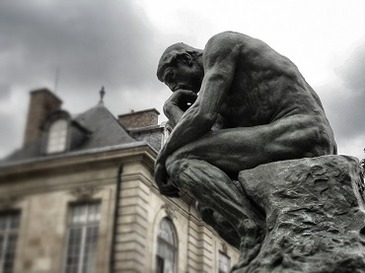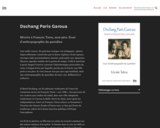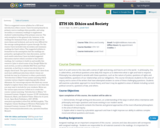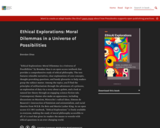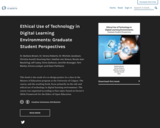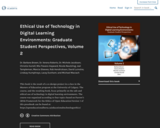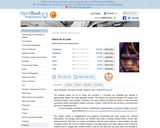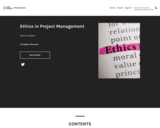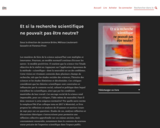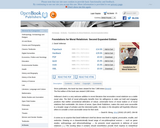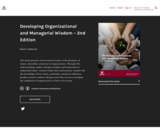
Short Description:
This book presents novel research results in the dynamics of values, rationality, and power in organizations. Through this understanding, readers will gain insights and frameworks to understand others' actions within their environment. Armed with the knowledge of how values, rationality, and power influence people's actions, readers will gain tools they can use to navigate the complexity of organizations to foster wise action.
Long Description:
Can we develop organizational and managerial wisdom? Can we even put words like “organization” and “manager” in the same sentence as wisdom?
You bet we can.
This book presents novel research results in the dynamics of values, rationality, and power in organizations. Through this understanding, readers will gain insights and frameworks to understand others’ actions within their environment. Armed with the knowledge of how values, rationality, and power influence people’s actions, readers will gain tools they can use to navigate the complexity of organizations to foster wise action.
Word Count: 61795
(Note: This resource's metadata has been created automatically by reformatting and/or combining the information that the author initially provided as part of a bulk import process.)
- Subject:
- Arts and Humanities
- Business and Communication
- Management
- Philosophy
- Social Science
- Sociology
- Material Type:
- Textbook
- Provider:
- Kwantlen Polytechnic University
- Author:
- Brad C. Anderson
- Date Added:
- 01/06/2020
